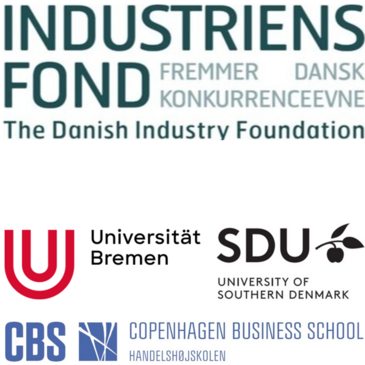As a result of globalization, the value chain of many products extends across a worldwide network that is interconnected by closely linked supply chains. The current COVID-19 pandemic has shown how fragile these supply chains are in the face of unpredictable extreme situations. While many companies faced sales declines and supply shortages, others were unprepared for the increased demand. In order to thrive under the influence of unexpected shocks such as pandemics, natural disasters, or even cyber-attacks, companies need to develop the ability to withstand disruptions and restore performance. Setting up resilient supply chains is central to maintaining business viability in companies' complex value networks in this context.
The focus of the international research project, initiated in cooperation with researchers from the University of Bremen and the University of Southern Denmark as members of the YERUN University Alliance, the Copenhagen Business School and the Danish Industry Foundation, is the investigation of crisis-affected, crisis-immune or crisis-exploiting companies in order to draw conclusions and recommendations for action for industry, companies and research. The goal of the project is to increase the resilience of potentially affected companies in case of disturbances with high impact on business processes at low frequency (HILF) to be able to act proactively and solution-oriented in the short term and develop competitive advantages. To this end, the project will develop tangible tools and methods to better prepare manufacturers for future disruptions to their increasingly complex supply chains.
The project starts in the summer of 2021 and runs initially for two years. The Danish Industry Foundation is supporting the project with approximately 400,000€.
More information on the project and the partners can be found here –

